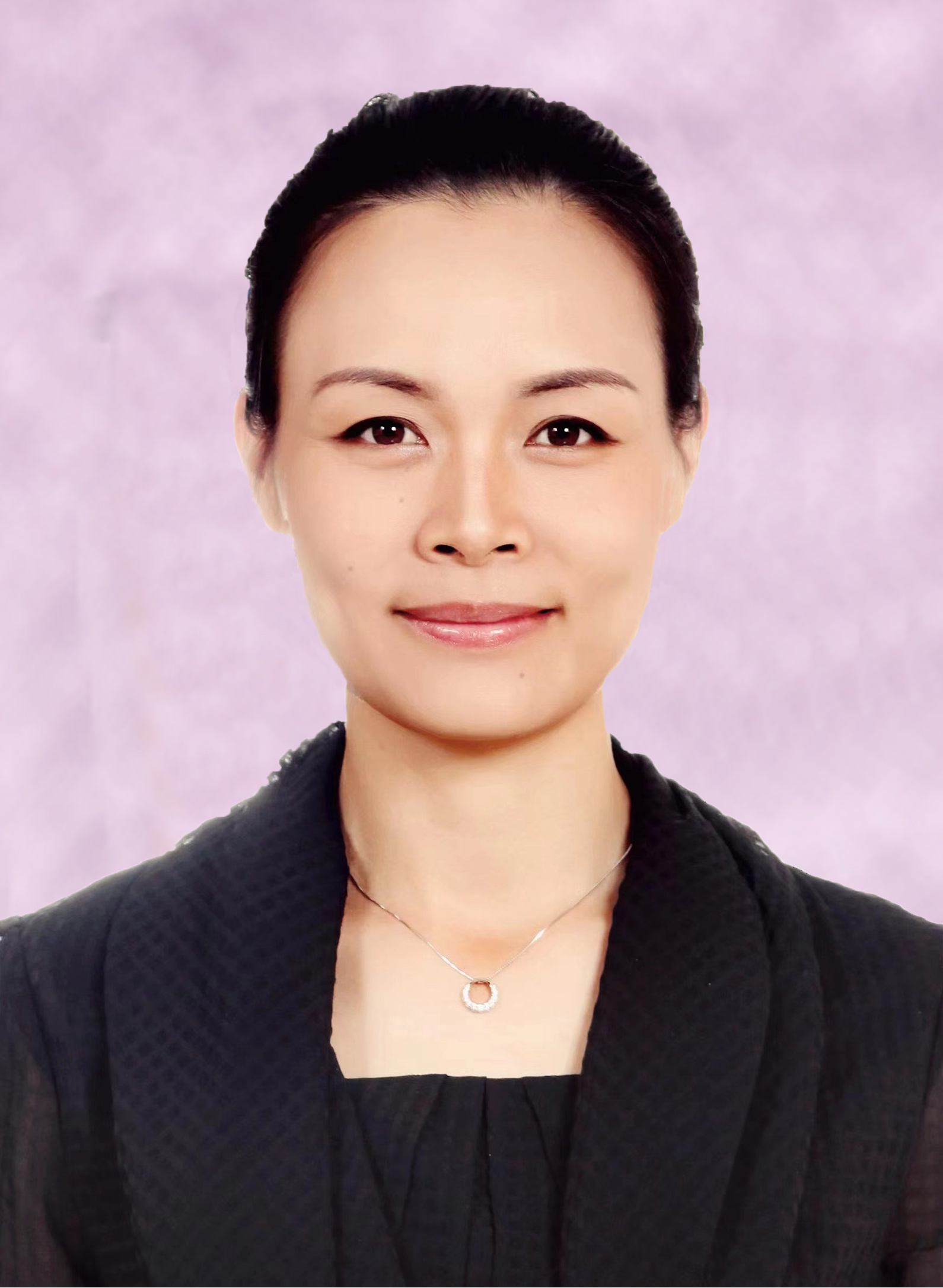Chairwoman of Research Institute of Peace and Development Economics
E-mail:lunyuxie@ruc.edu.cn

Publications:
1. Shilei Liu, Yu Liu, Lunyu Xie*, Jintao Xu. “The Environmental Improvement under China's ‘New Normal’”, China Economic Journal, April. 2020. https://doi.org/10.1080/17538963.2020.1755097
2. Ping Qin, Peilin Chen, Xiao-Bing Zhang, Lunyu Xie*. “Coal taxation reform in China and its distributional effects on residential consumers”, Energy Policy, April. 2020, volume 139, https://doi.org/10.1016/j.enpol.2020.111366
3. Lunyu Xie, Haosheng Yan*, Shuhan Zhang, Chu Wei. “Does Urbanization Increase Residential Energy Use? --- Evidence from the Chinese Residential Energy Consumption Survey 2012”, China Economic Review, Feb. 2020, volume 59, https://doi.org/10.1016/j.chieco.2019.101374
4. Jie-shen Chen, Xiaobing Zhang*, Ping Qin, Lunyu Xie. “Using Electricity Prices to Curb Industrial Pollution” Journal of Environmental Management, 2019, volume 248,https://doi.org/10.1016/j.jenvman.2019.07.023
5. Lunyu Xie*, Sarah M. Lewis, Maximilian Auffhammer, Peter Berck, “Heat in the Heartland: Crop Yield and Coverage Response to Climate Change along the Mississippi River”, Environmental and Resource Economics, 2019, volume 73, issue 2, pp 485-513, https://doi.org/10.1007/s10640-018-0271-7
6. Lunyu Xie*, Sarah M. Lewis, Maximilian Auffhammer, Deepak Jaiswald, Peter Berck, “Environment or food: Modeling future land use patterns of miscanthus for bioenergy using fine scale data”, Ecological Economics, 2019, volume 161, pp 225-236, https://doi.org/10.1016/j.ecolecon.2019.03.013
7. Lunyu Xie, Ying Huang, Ping Qin*, “Spatial Distribution of Coal-Fired Power Plants in China”, Environment and Development Economics, 2018, volume 23, issue 4, pp 495-515 https://doi.org/10.1017/S1355770X18000098
8. Xiao-Bing Zhang, Xinye Zheng, Ping Qin, Lunyu Xie* "Oil import tariff game for energy security: The case of China and India", Energy Economics, 2018, volume 72, pp 255-262. https://doi.org/10.1016/j.eneco.2018.03.035
9. LunyuXie, Bohan Zeng, Li Jiang*,and Jintao Xu “Conservation payments, off-farm labor, and ethnic minorities: Participation and impact of the Grain for Green program in China”, Sustainability, 2018, 10(4), 1183. https://doi.org/10.3390/su10041183
10. Joshua Linn, Zhongmin Wang, Lunyu Xie*, “The long-run effects of housing location on travel behavior: Evidence from China's housing reform”, China Economic Review, Volume 49, June. 2018, Pages 114-140.https://doi.org/10.1016/j.chieco.2018.02.002
11. Lunyu Xie*,“Automobile Usage and Urban Rail Transit Expansion: Evidence from a Natural Experiment in Beijing, China”. Environment and Development Economics, Volume 21, Issue 5 , October 2016, Pages 557-580. https://doi.org/10.1017/S1355770X16000048
12. Lunyu Xie*, Peter Berck, Jintao Xu, “The Effect on Forestation of the Collective Forest Tenure Reform in China”, China Economic Review, Volume 38, April 2016, Pages 116–129. http://dx.doi.org/10.1016/j.chieco.2015.12.005
13. Joshua Linn, Zhongmin Wang, Lunyu Xie*,“Who Will Be Affected by a Congestion Pricing Scheme in Beijing?” Transport Policy, Volume 47C, April 2016, Pages 34-40. http://dx.doi.org/10.1016/j.tranpol.2015.12.006
14. Peter Berck, Lunyu Xie, “Reflections on Samuelson’s Economics of Forestry in an Evolving Society”. Journal of Natural Resources Policy Research, Volume 4, July 2012
15. Peter Berck, Lunyu Xie, “A Policy Model for Climate Change in California”. Journal of Natural Resources Policy Research, Volume 3, January 2011
16.《Applied Methods for Agriculture and Natural Resource Management》“Soil and Crop Choice”,Springer Nature,2019. https://doi.org/978-3-030-13487-7_3
17.《Household Energy Consumption in China: 2016 Report》“Comparison of Residential Energy Consumption in Urban and Rural Areas”,Springer Nature,2019. https://doi.org/978-981-13-7523-1_6
18. “China Has A Plan to Reduce Household Air Pollution. But Who Benefits?” United Nations Global Dispatches Podcast, 202008https://www.globaldispatchespodcast.com/china-has-a-plan-to-reduce-household-air-pollution-but-who-benefits/